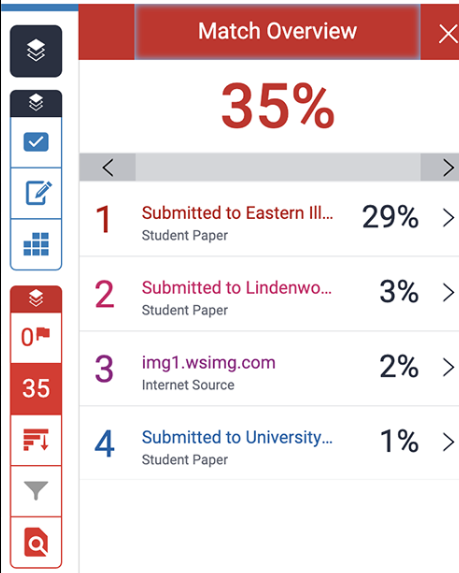Caffeine is the lifeblood of the college experience for many Southern Miss students, fueling everything from early morning classes to late-night study sessions. But when does this pleasant pick-me-up become a cause for concern for college students looking to meet societal expectations?
According to the Journal of Caffeine Research, a 2013 study on caffeine use disorder by Roland Griffiths, John Hughes, Laura Juliano and Steven Meredith concluded caffeine is the most widely used drug in the world.
“More than 90% of adults use it regularly,” the researchers wrote in the study. “And, among them, average consumption is more than 200 mg of caffeine per day — more caffeine than is contained in two six-ounce cups of coffee or five 12-ounce cans of soft drinks.”
Despite belonging to the psychoactive stimulant family of drugs, which includes methamphetamine, cocaine and nicotine, caffeine is rarely discussed with the same emphasis
regarding addiction.
As a result, this legal stimulant has become accepted as a social norm for generations of Americans. Pulling an all-nighter with pots of coffee bubbling in the background is often considered a rite of passage for many students.
University of Southern Mississippi freshman Hannah Fritz, a library science major, has noticed the impact of her classmates’ caffeine dependency. She believes college students feel pressured to sacrifice sleep and mental health in order to balance their school, work and social lives.
“We’re young adults,” Fritz said. “We’re still very social, and we still are not entirely in a
routine that allows us to take care of ourselves, and our school, and our friends.”
Junior Tori Ricks, a social work major, recognized the casual acceptance of caffeine as an issue for most students.
“I think that there’s a caffeine problem everywhere, especially in this generation of college students,” Ricks said.
However, another Southern Miss first-year student, Wiio Meinheit, does not see a connection between caffeine and unhealthy behaviors in her classmates. She studies healthcare marketing.

“Most of the people I know who drink coffee have pretty good control over how much they should drink and how much they need. I haven’t really seen a problem with it,” Meinheit said.
Michael Madson, a Southern Miss Professor of Psychology, said caffeine affects sleep regulation, blood vessels dilation and the central and peripheral nervous systems. The effects generate a feeling of alertness and concentration that mask the feelings of drowsiness.
“It doesn’t take long to develop a dependency on caffeine,” Madson said. “But if it’s done in moderation and it’s not having a negative effect on your life in any way, it’s not the worst thing in the world.”
When students skip their regular dose of caffeine, whether a cup of coffee or a soda, they might experience withdrawal symptoms, like headaches, fatigue, difficulty concentrating and a dampened mood. These symptoms are not necessarily an indication of problematic behavior, however.
“To me, the bottom line is that if somebody is using it in moderation, the body might adjust to it,” he continued. “It might develop a dependency on it. But is it really causing a lot of problems for that person’s life?”
For Ricks, the answer is yes. She believes caffeine is an issue among her peers due, in large part, to their numerous responsibilities, which cause stress and anxiety.
“I think that a lot of people just need to stay awake,” Ricks said. “And they don’t have enough time to rest and get the rest for their mental health that they need. So, they have to [use] caffeine to live up to society’s expectations.”
While routine caffeine drinkers depend on the drug to feel physically normal or free from the effects of withdrawals, the behavioral component of caffeine dependency is a significant concern for Madson.
He believes that, if a student that spends five dollars every day at a coffee shop runs out of money, they may end up in a situation where they have to steal from their roommate to get another drink. At this point, caffeine would affect that person’s interpersonal relationships and ability to make sound decisions.
While caffeine typically does not produce the extreme negative behaviors that, say, cocaine does, Madson identified three other aspects for its acceptance in our culture.
“There’s the moral piece to it,” Madson said. “How much it’s integrated into our society and the legality. All of those things come into play there.”
If a person wants to know the personal effects of caffeine on their life, Madson suggested one sure-fire way to figure it out.
“They would have to see what their life is like without it,” Madson said.


























